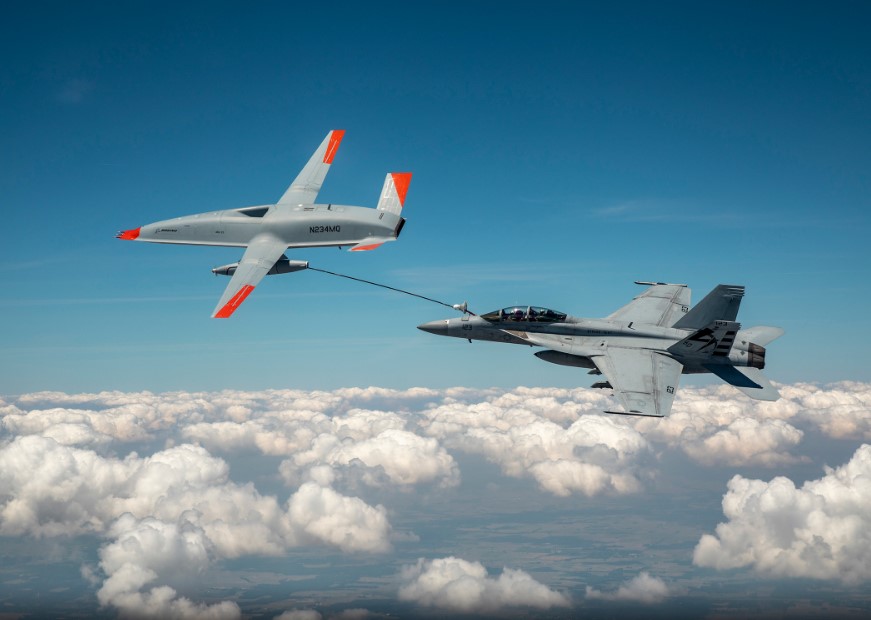Hyzon Motors has hurdles to full health ahead, however the heavy-duty fuel cell startup has filed its overdue financial reports with the Nasdaq and begun settlement talks with the Securities and Exchange Commission over allegations about fictitious sales in China.
It’s quite a recovery for the reason that company told the SEC 10 months ago that it wouldn’t report its second-quarter 2022 financials and that its reports for the primary quarter and full-year 2021 were unreliable.
“From a Nasdaq perspective, we’re current with our financial filings,” CEO Parker Meeks told FreightWaves in an interview. “It’s a significant accomplishment.”
Yet with a stock price under $1 a share, the corporate still faces possible delisting from the Nasdaq. But that won’t occur until no less than Nov. 6 due to an automatic 180-day stay. Hyzon could ask for a further 180-day extension. Shares (Nasdaq: HYZN) closed Wednesday at 74 cents.
Hyzon could follow other startups with anemic stock prices and conduct a reverse split that might artificially prop up its price. Or the present bull market could see Hyzon shares rise above $1. In the event that they stay there for 10 consecutive trading sessions, the delisting threat can be moot.
An internal investigation into the China situation has concluded. The SEC could still effective Hyzon an undetermined amount. Hyzon remains to be spending significant money coping with the SEC investigation and a shareholder lawsuit.
“We’ve no indication as to how long that may take to completely resolve, but we look ahead to continuing to collaborate with them,” Meeks said.
Refocusing Hyzon’s business
The spinoff of Singapore’s Horizon Fuel Cell Technologies went public in a reverse merger with special purpose acquisition company Decarbonization Plus Acquisition Corp. in July 2021. It received $550 million in proceeds on the time of the business combination. That cash is all but gone.
Hyzon reported a Q1 lack of $30.6 million with $209 million in money and equivalents on its books as of March 31, barely higher than its $177 million market capitalization.
Hyzon is targeted on making fuel cells for upfitting into a traditional truck within the U.S., a cabover in Europe and a rigid platform in Australia. Its previous portfolio stretched to twenty vehicles under former CEO Craig Knight, who was fired in August 2022 and replaced by Meeks as interim CEO. Hyzon dropped the interim tag in March. He joined the board of directors in May.
“Historically before the restructure that we had kicked off with the leadership change, we were spending an excessive amount of on the vehicle side,” Meeks said. “We weren’t spending enough deal with the fuel cell side. And we were doing way too many various vehicle variants in way too many various places.”
Exiting China
So, at the same time as the corporate head count has remained stable, the combo of labor has modified. The corporate has all but exited China, where questions by a brief seller led to SEC scrutiny.
“We reduced our R&D activity on the vehicle side by about two-thirds,” Meeks said. “That’s plenty of the stuff that was happening in China.” A targeted research and provide chain operation stays, but China proved to be a troublesome place to do business. Complex subsidy programs, vehicle data acquisition, business governance concerns and pricing were among the many issues.
“Even back at the tip of 2021, our average sales price in China was roughly half the common sales price in Europe and the U.S.,” he said. “So,economically [it’s] not an excellent market despite the amount potential. It just made sense for us to exit and begin to monetize the contracts and the trucks that we do have deployed there.”
Reducing money burn
The company’s money burn has fallen from about $15 million a month in the primary quarter to $12 million a month in April and May. Meeks thinks that even without recent capital, the corporate has sufficient runway to get its 200-kilowatt heavy-duty fuel cell into production next 12 months.
The larger and more powerful fuel cell is 30% lighter than lashing together two 110kW fuel cells, which is Hyzon’s current product. The larger fuel cell costs 25% less to make with a 20% improvement in fuel efficiency in early testing.
Hyzon retrofitted 10 Freightliner Cascadias with its fuel cell in 2021 and has 30,000 miles of driving. Though Meeks acknowledges the “repowered” Cascadia because the product for the U.S. market, he’s careful not to make use of the name.
Hyzon’s asset-light approach
Fontaine Modifications upfits trucks ordered through normal channels by fleet customers. Removing existing diesel powertrains is a component of the job. Fleets either keep those as spares or sell them.
Hyzon is the very definition of asset-light. It never handles the trucks, which to date are only Freightliner Cascadias. A fuel cell retrofit of a Hyliion Holdings hybrid truck from Peterbilt will double the manufacturers Hyzon can work with.
“We’re providing the fuel cell and the support on integrations with Hyliion specializing in the actual truck development resources,” Meeks said.
Related articles:
Hyliion and Hyzon Motors will collaborate on fuel cell truck
Hydrogen fuel cell maker Hyzon eyes small projects to advance
Fuel cell maker Hyzon Motors craters after disclosing financial troubles
Way forward for Supply Chain
JUNE 21-22, 2023 • CLEVELAND, OH • IN-PERSON EVENT
The best minds within the transportation, logistics and provide chain industries will share insights, predict future trends and showcase emerging technology the FreightWaves way–with engaging discussions, rapid-fire demos, interactive sponsor kiosks and more.







